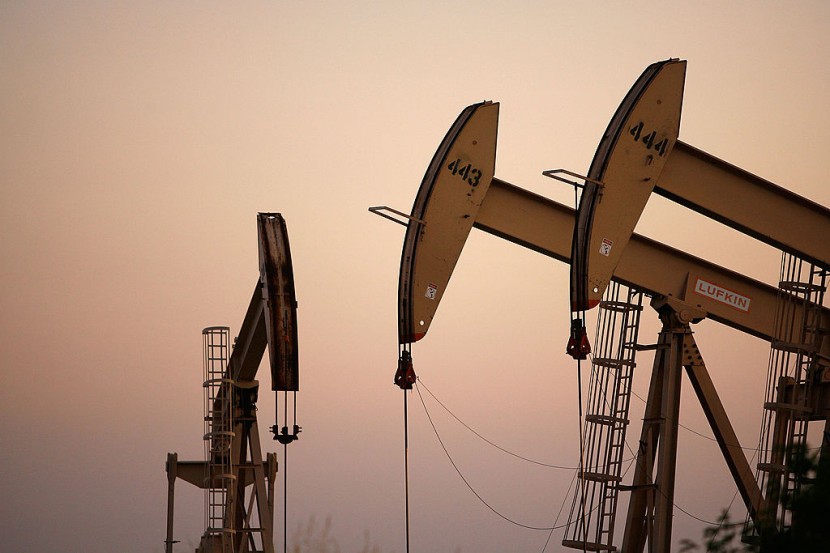
Gas prices in the United States continue to decline after almost reaching a high of nearly $5 as authorities continue to find ways to mitigate the surging fuel costs.
On Sunday, the average price for a gallon in the U.S. dropped down to $4.192 based on the latest data from AAA, seeing a decline from Saturday's $4.220. The recent numbers show a drop of 14 cents since gas prices hit a high of $4.33 on Mar. 11.
US Gas Prices Today
American drivers were paying up to $2.87 per gallon on average just last year at around this time, which is a drastic surge in costs. United States President Joe Biden announced plans this week for the federal government to release more supply from the country's oil reserves.
The Democrat authorized the release of one million barrels of crude oil per day for the next six months to alleviate gas prices. The total would come out to 180 million barrels, which is the largest release ever recorded from the U.S. Strategic Petroleum Reserve, as per Fox Business.
On Friday, the price of crude oil in the country dropped below $100 per barrel, which is the first time it hit the price since Feb. 28 following Biden's announcement of the release. Both Brent and U.S. crude benchmarks revealed that they had a losing week, setting down around 13% in their largest weekly fall in the last two years.
The situation comes after Bob McNally, the president of Rapidan Energy, said on Saturday that the government's plan to release supply from the country's oil reserve will not help the surging gas prices. He said that tapping into the strategic petroleum reserves was not enough and warned the U.S. could be in "trouble" if authorities do not work on refilling the reserves.
During an interview, McNally was asked if Biden's recent announcement of plans to combat rising gas prices would have any impact at the gas pump. According to CNN, he said that the move will cause problems to the country's oil situation in the next decade.
Driving to Mexico
The rising prices of gas have forced American drivers to go to Mexico to fill their tanks due to lower costs. In turn, Mexico, which has been subsidizing gasoline to soften price spikes, on Saturday said that the policy will not apply in the United States border region this week.
Officials said that the decision was made due to more American drivers traveling south to take advantage of lower gas prices. The suspension of the subsidy will last from Apr. 2 to Apr. 8 and will affect cities in the border states of Tamaulipas, Nuevo Leon, Coahuila, Chihuahua, Sonora, Baja California, and Tijuana.
In a statement, Mexico's finance ministry said that the region has experienced a gasoline shortage due to the imbalance of supply and demand. Authorities said that gas prices in the U.S. were higher than in Mexico, causing the citizens to cross the border to fill their gas tanks, Reuters reported.
Related Article:
President Joe Biden Releases Oil From the National Strategic Petroleum Reserve To Lower Gas Prices
© 2026 HNGN, All rights reserved. Do not reproduce without permission.








